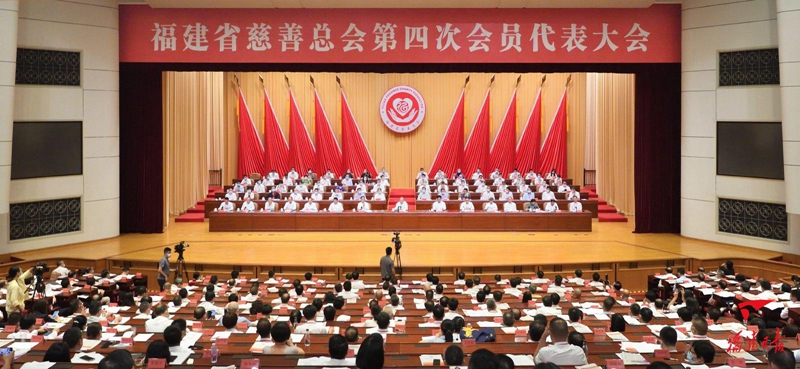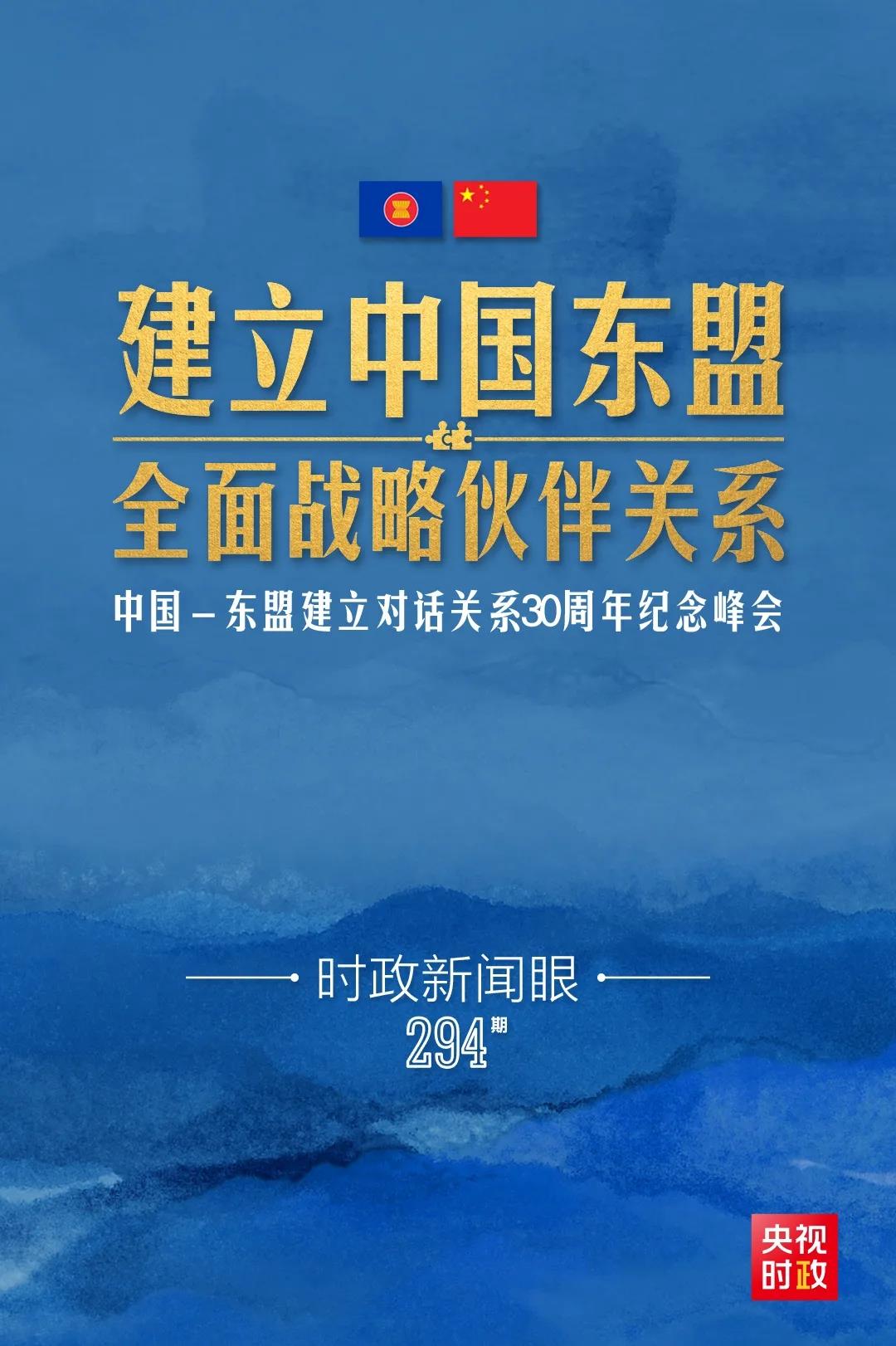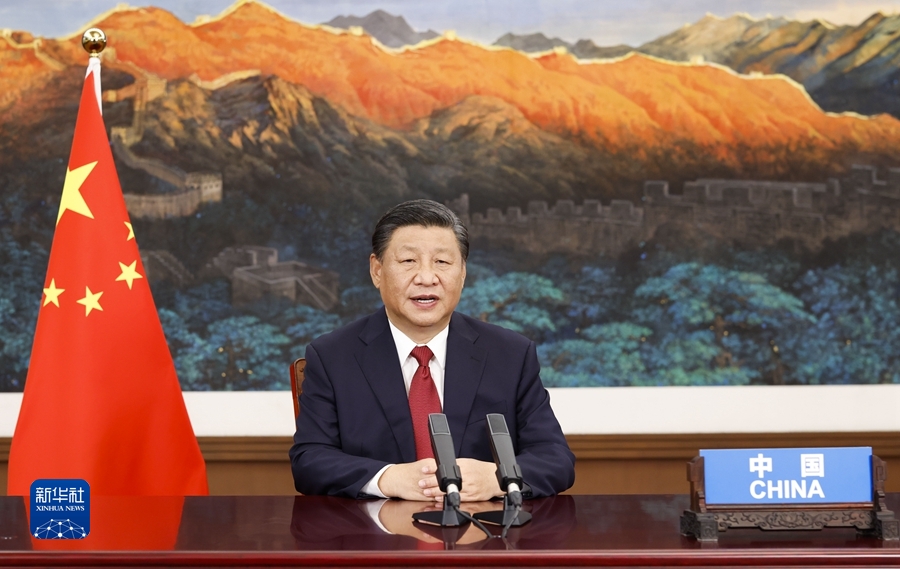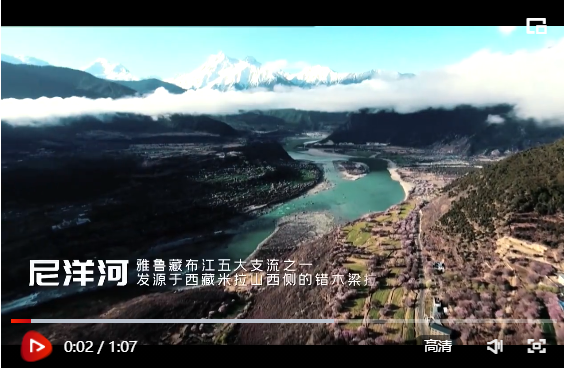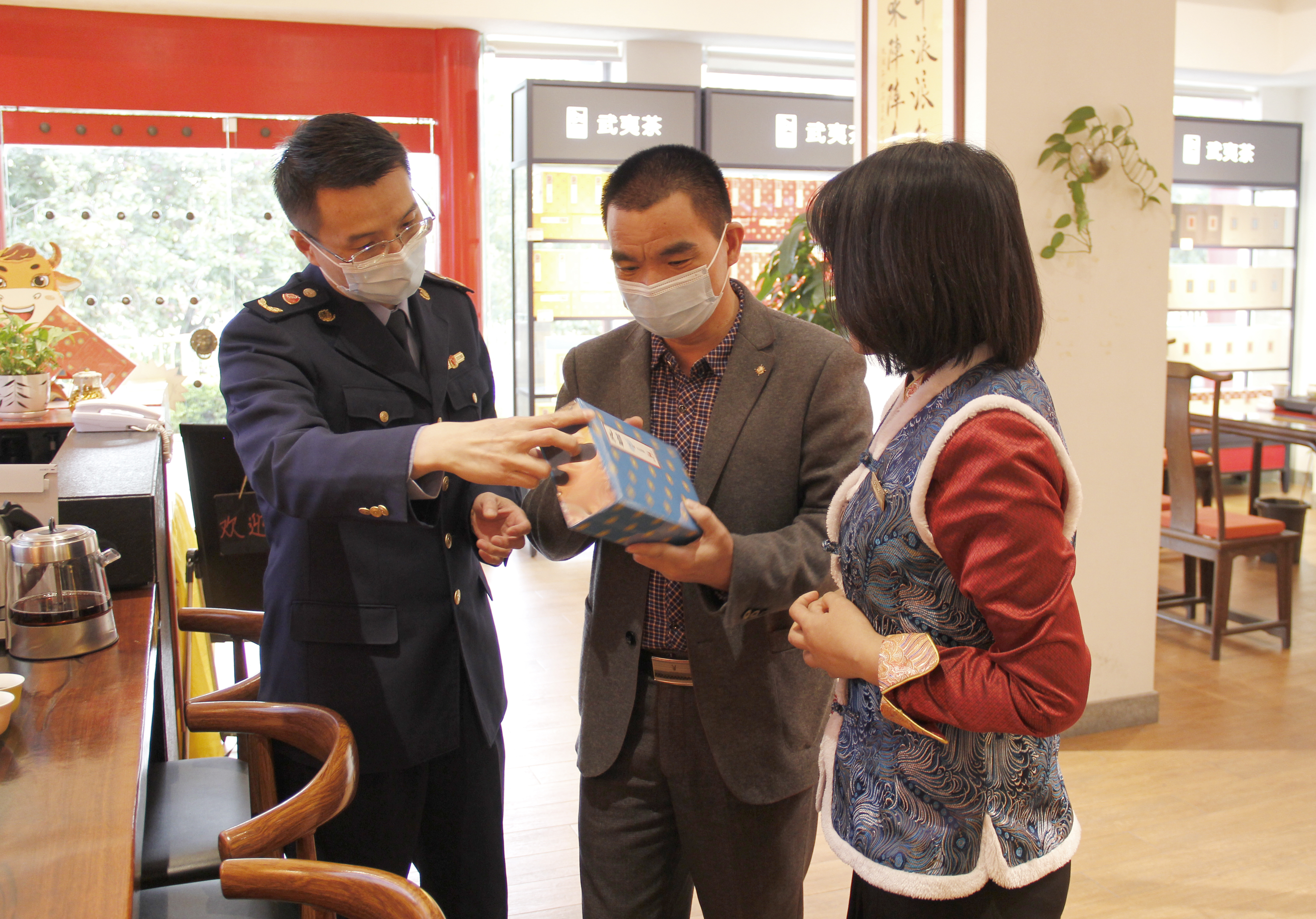Fujian Daily, December 15, 2023, Page 01
Who are we? Where do we come from? Where are we going?
To answer this classic "three questions of the soul", China chose to "seek from the inside", seeking answers from more than 5000 years of Chinese civilization. As a result, the star like Chinese excellent traditional culture has forged the "spirit" and "flesh" of socialism with Chinese characteristics, and formed the "root" and "soul" of the Chinese nation.
The depth of history determines the height of strategy.
Generation after generation of Chinese people have continued their historical context and written a new era of brilliance in the process of Ming history, heritage conservation, inheritance and innovation.
"Firm cultural confidence, open and inclusive, and adhere to integrity and innovation";
"Strive to continue the Chinese culture and promote the creative transformation and innovative development of excellent traditional Chinese culture".
These familiar words emphasize the need to create a modern form of Chinese civilization from the continuous development of the ancient Chinese civilization, and highlight General Secretary Xi Jinping's profound thinking on further cultivating and consolidating our cultural subjectivity.
What is cultural self-confidence?
Cultural confidence is the full affirmation and active practice of a nation, a country and a political party on their own cultural values, and their firm confidence in the vitality of their culture.
Cultural confidence is particularly important. Only when we have confidence in our own cultural ideals and values, and in our own cultural vitality and creativity, can we have the determination to stick to them, the courage to rise and the vitality of innovation and creation.
If we only see poverty in eastern Fujian, not in terms of history, but in terms of development, we will easily lose confidence. Turning to the article "Light of East Fujian -- Random Thoughts on the Cultural Construction of East Fujian" in the book "Getting rid of Poverty", there is a passage that says, "The beautiful rivers and mountains of East Fujian are a kind of glory. The splendid cultural tradition of East Fujian is a kind of glory. The spirit of self-improvement, hard work, kindness and simplicity of the people of East Fujian is a kind of glory. Only when we realize our own glory can we have self-confidence, self-esteem and the motivation to make progress vigorously.
Since the 18th National Congress of the Communist Party of China, General Secretary Xi Jinping has repeatedly stressed that cultural confidence is a more fundamental, broader and deeper confidence, and a more fundamental, deeper and more lasting force. Attaching great importance to strengthening cultural self-confidence is the theme of Xi Jinping's cultural thought throughout.
Cultural self-confidence is one of the theoretical cornerstones of Xi Jinping's cultural thought. General Secretary Xi Jinping creatively raised "cultural confidence" as a basic principle to guide the whole cultural construction, and in his speech at the 95th anniversary of the founding of the Communist Party of China, he raised it to one of the "four self-confidence", making it further one of the basic principles to be followed by the work of the whole party and society.
"If there is no five thousand years of Chinese civilization, where is the Chinese characteristics? If it is not Chinese characteristics, how can we have such a successful path of socialism with Chinese characteristics today?" In the spring of 2021, in the Zhuxi Garden beside the Jiuqu River, General Secretary Xi Jinping made meaningful remarks, revealing the civilization of socialism with Chinese characteristics and revealing the source of confidence of the Chinese nation.
During 17 and a half years of working in Fujian, Comrade Xi Jinping's "cultural footprint" has spread all over the land of Fujian.
In Xiamen, he presided over the preparation of Xiamen Economic and Social Development Strategy from 1985 to 2000, which opened a new chapter in the scientific protection of Kulangsu. In Fuzhou, a lot of work has been done to protect the ancient houses in Fuzhou represented by three lanes and seven alleys, and an institutional arrangement has been formed to protect the urban context. In the province, promote the work related to Wuyishan's declaration of world cultural and natural heritage, and achieve a breakthrough of zero world heritage in Fujian
In 1991, at the cultural relics work site office meeting held by the Fuzhou Municipal Party Committee and the Fuzhou Municipal Government at Lin Juemin's former residence, Xi Jinping, the then secretary of the Fuzhou Municipal Party Committee, pointed out that "to evaluate whether a system or a force is progressive or reactionary, it is important to see how it treats history and culture."
In 2002, Xi Jinping, then governor of Fujian Province, was pleased to write the preface to the book "Fuzhou Ancient House" written by Zeng Yidan, a well-known scholar and former director of Fuzhou Municipal Bureau of Cultural Relics: "It is an important responsibility of leaders to develop economy. It is equally important to protect ancient buildings, traditional blocks, cultural relics and famous cities."
The historical consciousness and cultural confidence of touching the history and practicing vividly one by one to guard the cultural roots of the Chinese nation are consistent.
In the new era, the "cultural footprint" of General Secretary Xi Jinping has penetrated into more than 100 historical and cultural heritage sites nationwide, from Chengde Mountain Resort in Hebei Province to Guangji Bridge in Chaozhou, Guangdong Province; From Pingyao Ancient City in Shanxi Province to Dunhuang Research Institute in Gansu Province; From Shaanxi Xi'an Museum to Guangxi Beihai Hepu Han Dynasty Culture Museum
The "soul of China" and "governance of China" are deeply rooted in the long history and profound context.
With regard to cultural relics, archaeology, intangible cultural heritage and other work, General Secretary Xi Jinping has made more than 170 instructions and instructions, putting forward a series of important assertions, such as "protecting the city's historical and cultural heritage as well as cherishing your own life", "letting residents see mountains, see water, and remember nostalgia", "respecting history, culture, and ecology", to protect historical and cultural heritage for the new era Continue to guide the Chinese culture.
Keep this "root" of Chinese excellent traditional culture.
Chinese style modernization originates from the root of Chinese excellent traditional culture. Chinese style modernization gives modern power to Chinese civilization, and Chinese civilization gives Chinese style modernization a strong foundation. We no longer regard tradition as "dead" and past things, but more consciously regard the excellent traditional culture as the crystallization of the wisdom of Chinese civilization, as a spiritual force with vitality, and carry out constructive and systematic absorption.
On March 22, 2021, General Secretary Xi Jinping came to the Zhu Xi Garden by the Jiuqu Stream of Wuyi Mountain on the first day of his visit to Fujian, to learn more about Zhu Xi's life and the study of Neo Confucianism. Learning from the past and the present, Xi Jinping said: "We should pay special attention to excavating the essence of China's five thousand year civilization, combine the promotion of excellent traditional culture with Marxist positions, views and methods, and unswervingly follow the path of socialism with Chinese characteristics."
"The Eastern Zhou Dynasty came out of Kongqiu, and the Southern Song Dynasty saw Zhu Xi. Chinese ancient culture, Mount Tai and Wuyi." At the foot of Wuyi Mountain, a stone tablet named "Zhu Xi Garden", inscribed by Mr. Zhang Dainian, was hidden under the bamboo forest of the five hidden peaks. Zhu Xi Park, which was built in 1183 and has a long cultural background, was once the place where Zhu Xi wrote and lectured, and was a silent witness to the prosperity and development of Zhu Xi's Neo Confucianism.
In Qufu Confucian Temple, Zhu Xi was the only descendant who was not a disciple of Confucius but ranked in Dacheng Hall. Some people commented that Zhu Xi was a representative of Confucianism, which was also called Confucius. Why did Zhu Xi get such a great honor?
During the Spring and Autumn Period, Confucius founded Confucianism. Since then, the developed Confucianism has had a profound impact on Chinese civilization and has become an important part of Chinese traditional culture. But in the long history, the mainstream position of Confucianism has also been challenged by Buddhism and Taoism.
In the Southern Song Dynasty, Zhu Xi systematically inherited, integrated and innovated the traditional Chinese culture, and constructed Zhu Xi's Neo Confucianism based on Confucianism, Confucianism, Buddhism, Taoism and the essence of various schools of thought.
"Wenqu is so clear that there is a source of fresh water." This famous poem of Zhu Xi tells the code of the Chinese civilization.
"You can see the east wind when you are at leisure, and all colors are always in spring." Another famous poem by Zhu Xi shows the Chinese people's cultural confidence based on the deep foundation.
"The country is based on the people, and the state is also based on the people." Zhu Xi not only practiced hard for the people, but also deeply and specifically explained the people based thought of "people based" and "trust in the people".
In the 1990s, with the strong promotion and support of Xi Jinping, then governor of Fujian Province, Wuyishan successfully harvested the "golden signboard" of world cultural and natural heritage. The report of the meeting of the Bureau of the United Nations World Cultural Heritage Committee commented: "Wuyi Mountain is the cradle of post Confucius doctrine (Zhu's Neo Confucianism)."
Zhu Xi advocated "learning from nature", philosophized Confucianism, developed new Confucianism, and made Chinese civilization continue and carry forward. Some foreign researchers even commented that: "In modern oriental philosophy, the only one that can equal the scale of the western system is Zhu Xi's philosophy system."
History has its origin, and culture has its soul.
During the Western Jin Dynasty, the eight surnames from the Central Plains entered Fujian and traveled southward in their clothes. Scholars and distinguished families gradually gathered here, and they became intimate and passed on their poems and books. Since the Tang Dynasty, Fujian culture gradually flourished, and by the Song Dynasty, great scholars and gentlemen came out one after another. The profound and extensive Central Plains culture, the simple and unique Fujian and Vietnam culture, and the colorful marine culture converge and merge. Fujian has gradually become an important cultural region in China, winning the reputation of "seaside Zou Lu".
"If the source of the husband is far away, it will grow; if the roots are deep, it will flourish." Culture is the blood of the nation and the spiritual home of the people. These cultural roots extend among the mountains and rivers of Bamin. In the blending of history and modernity, the collision of development and protection, Fujian inherits the spiritual blood of the Chinese nation.
In today's Fujian, the cultural heritage of string songs is continuous and enduring. The traditional cultures such as Zhuzi culture, Minnan culture, Hakka culture and Mazu culture have a wide and far-reaching impact. Historical celebrities such as Zhu Xi, Zheng Chenggong, Lin Zexu, Shen Baozhen, Yan Fu and Chen Jiageng shine in the history books. Fujian Tulou, Quanzhou Song Yuan culture, Gulangyu, Wuyishan and other world heritage sites are well-known far and wide, Ancient houses, villages and streets all over the land of Bamin radiate thick ancient charm.
Keep upright and not conservative, respect the past and not return to the past.
Only by not forgetting the original can we create the future, and only by being good at inheritance can we make better innovation. Xi Jinping's cultural thoughts adhere to the soul of Marxism and the root of Chinese excellent traditional culture, and through the combination of the two, they focus on expressing and systematically presenting the cultural subjectivity of socialism with Chinese characteristics in the new era.
On July 1, 2021, at the conference to celebrate the 100th anniversary of the founding of the Communist Party of China, the important conclusion of "two combinations" was formally put forward, which "adhere to the combination of the basic principles of Marxism with China's specific reality and the combination with China's excellent traditional culture".
The "second combination" reveals the important significance of the excellent traditional Chinese culture for the new leap of Marxism in China in the new era, and answers the inheritance and development relationship between the road of socialism with Chinese characteristics and the 5000 year history of Chinese civilization. The proposal and interpretation of "the second combination" pushed the systematization and theorization of the principle of cultural self-confidence to a new stage.
On June 2, 2023, General Secretary Xi Jinping pointed out in an important speech at the forum on cultural inheritance and development that any culture must have its own subjectivity if it is to be able to stand up and go far, and have leadership, cohesion, shaping power and radiation power.
With cultural subjectivity, there is a firm self in the cultural sense.
The subjectivity of Chinese culture is rooted in the Chinese civilization with a long history of more than 5000 years, and presents a unique charm different from other civilizations in the world. The "result of the two combinations is mutual achievements, creating an organic and unified new cultural life body, making Marxism become Chinese, Chinese excellent traditional culture become modern, and the new culture formed through the" combination "become the cultural form of Chinese modernization".
History and reality show that the tree of Marxist truth can take root only when it is rooted in the fertile soil of our own country and national history and culture; Only by consolidating the historical and mass basis of Marxism's sinicization and modernization, can Marxism answer the questions of China and the people, and can it be deeply rooted in China.
General Secretary Xi Jinping pointed out that "cultural confidence comes from our cultural subjectivity, which is established by the Chinese people under the leadership of the Communist Party of China". On the new journey, we must "adhere to the combination of the basic principles of Marxism with China's specific reality and with China's excellent traditional culture", and "the combination" consolidates cultural subjectivity ".
As an important breeding ground and practice place of Xi Jinping's socialism with Chinese characteristics for a new era, Fujian must deeply understand the theoretical logic, historical logic and practical logic of the "second combination", and shoulder the new cultural mission of the new era with a high degree of cultural self-confidence.
Combination is creation. The "second combination" is the fundamental way to realize the creative transformation and innovative development of the excellent traditional Chinese culture. The excellent traditional Chinese culture has been activated and rebuilt in the "second combination", which has become the civilized foundation and cultural heritage of building the modern civilization of the Chinese nation.
To undertake a new cultural mission in the new era and new journey, we need to deeply grasp the outstanding characteristics of Chinese civilization, inherit it in "protection", innovate in "respect for the past", move forward in "integrity", and develop in "innovation".
We should establish the scientific concept of "protecting cultural relics is also a political achievement", and increase the protection of ancient buildings, historical blocks, traditional villages, intangible cultural heritage and folk customs with the attitude of being responsible for the nation, history and future generations, so as to retain the historical authenticity and cultural nostalgia.
We should continue to deeply explore the value of the times, do a good job in the research and interpretation of traditional culture, carry forward the spirit of "distilling" in the culture of Bamin, "live" expression, "shape" brand, refine cultural identity with Fujian characteristics, and actively respond to the needs of the times and people.
I believe that tomorrow's Fujian and the light of Bamin culture will better penetrate the history and move towards the future.
Source: Fujian Daily


